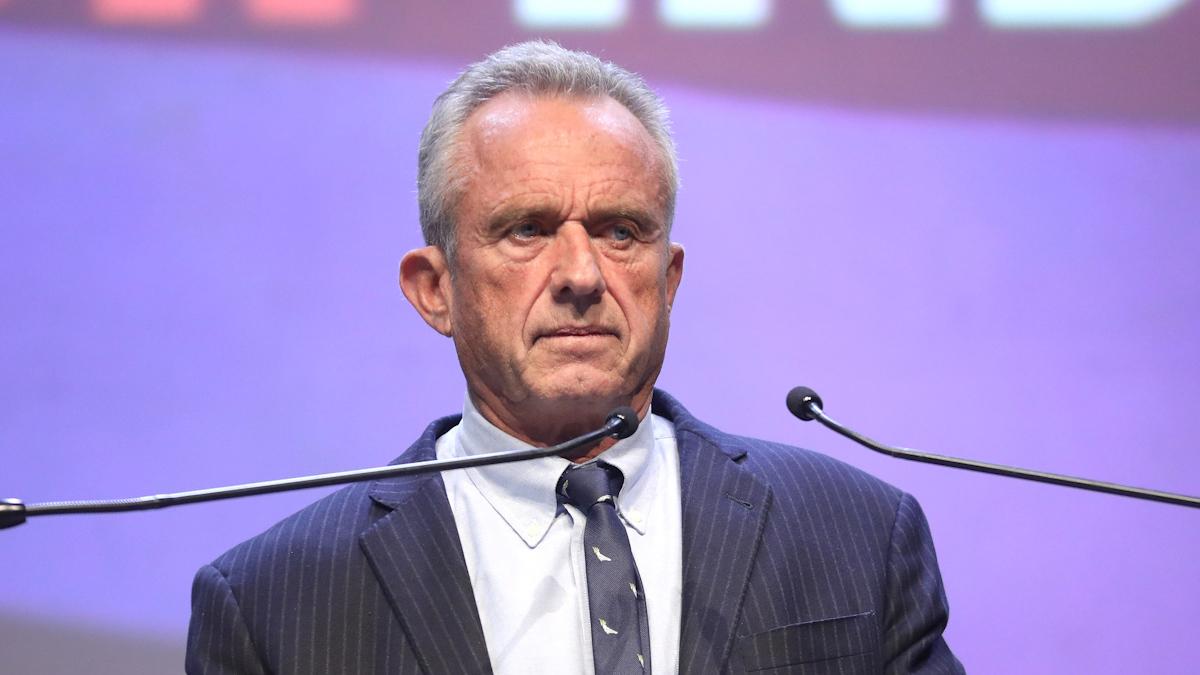Concerns rise over ACIP's new membership

Health and Human Services (HHS) Secretary Robert F Kennedy Jr has named eight new members of the CDC's vaccine advisory committee after firing all 17 experts earlier this week, and his picks include people known to hold contrarian views on immunisation.
Kennedy revealed the new Advisory Committee for Immunization Practices (ACIP) appointees in a social media post, in which he claimed they were "highly credentialled scientists, leading public-health experts, and some of America's most accomplished physicians."
The eight new advisors will attend the ACIP's next scheduled meeting on 25th to 27th June, which will discuss a wide range of vaccine topics, with recommendations due to be delivered on vaccines for COVID-19, HPV, influenza, meningococcal disease, and RSV in adult and paediatric populations.
Some of the new members have advocated anti-vaccine views, including Robert Malone, a biochemist who is a longstanding critic of mRNA vaccines and has cast doubt about their efficacy and safety in the past – but also claims to have invented the technology.
Another is Martin Kulldorff, an epidemiologist formerly at Harvard Medical School who was a signatory to a controversial open letter published in 2020 – before the availability of COVID-19 shots – that called for focused protection of vulnerable individuals and allowing the virus to spread and generate herd immunity.
Another signatory of the so-called Great Barrington Declaration is Jay Bhattacharya, now acting as director of the NIH, while FDA Commissioner Marty Makary has also voiced similar views in the past.
The group also includes:
- Joseph Hibbeln, former acting chief of the section on nutritional neurosciences at NIH;
- Retsef Levi, a professor of operations management at MIT's Sloan School of Management;
- Cody Meissner, a former ACIP panellist who is now a professor of paediatrics at Dartmouth College;
- James Pagano, an emergency medicine physician;
- Vicky Pebsworth, the Pacific region director of the National Association of Catholic Nurses and a former member of the FDA's Vaccines and Related Biological Products Advisory Committee; and
- Michael Ross, a clinical professor of obstetrics and gynaecology at George Washington University and Virginia Commonwealth University.
Questions are now being asked about the process behind the appointments, particularly with regard to vetting for potential conflicts of interest.
Kennedy's mass "retirement" of the former ACIP membership was carried out amid claims that they had been "rubber stamping" decisions that benefit the pharma industry, and raised immediate concerns that he would seek to appoint new ACIP members who lean towards his own well-documented vaccine scepticism.
The panel's deliberations are critical for vaccine manufacturers because, under US law, health payers generally follow panel recommendations in their coverage decisions.
Responding to Kennedy's move, the Pharmaceutical Research and Manufacturers of America (PhRMA) industry body said it "increases uncertainty and vaccine scepticism." Meanwhile, American Public Health Association (APHA) executive director Georges Benjamin said it "immediately raises concern over the ability of any slate of committee members appointed by the Trump administration to be viewed as impartial to RFK's views on any decision."
The reconstitution of the ACIP also runs counter to a pledge delivered by Kennedy to Senator Bill Cassidy (R-La), chair of the Health, Education, Labor and Pensions (HELP) committee – during his confirmation hearing – in which he promised to maintain the ACIP "without changes."
Earlier this week, Sen Cassidy said: "Now the fear is that the ACIP will be filled up with people who know nothing about vaccines except suspicion. I've just spoken with Secretary Kennedy, and I'll continue to talk with him to ensure this is not the case."












